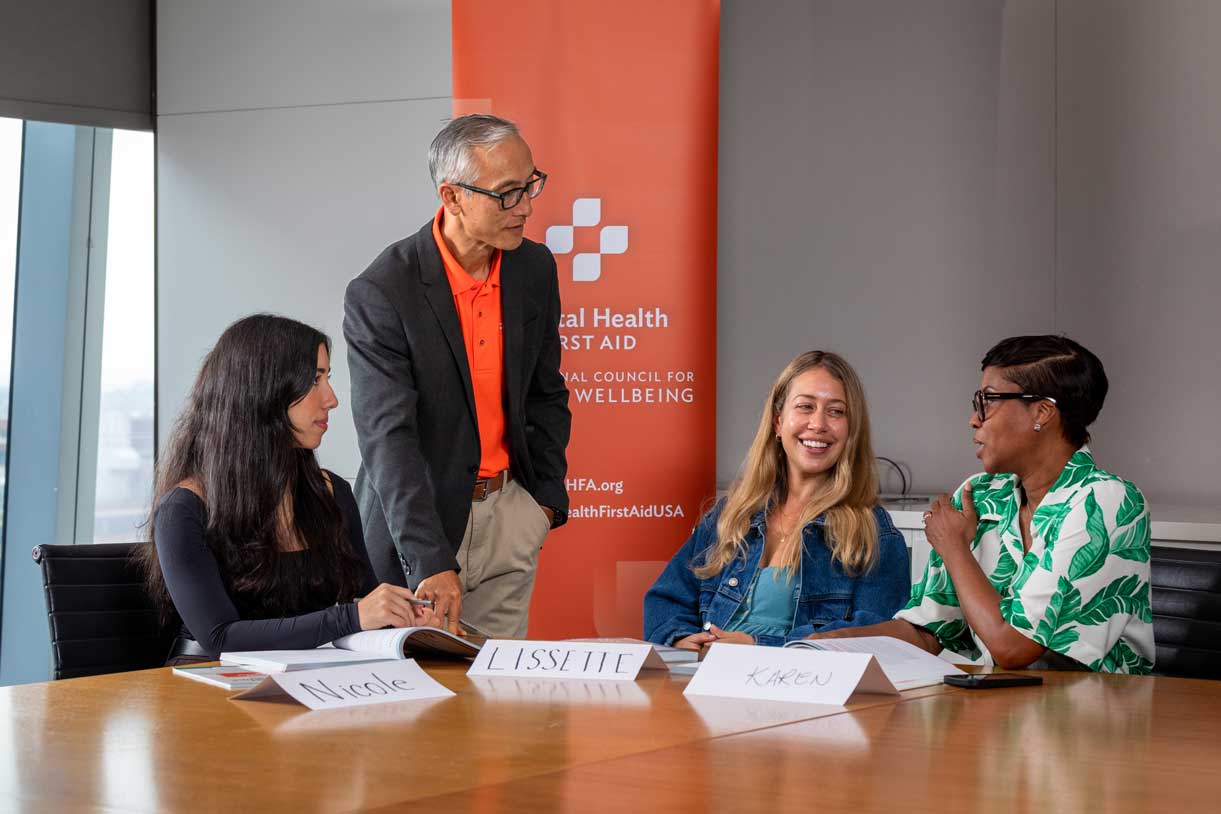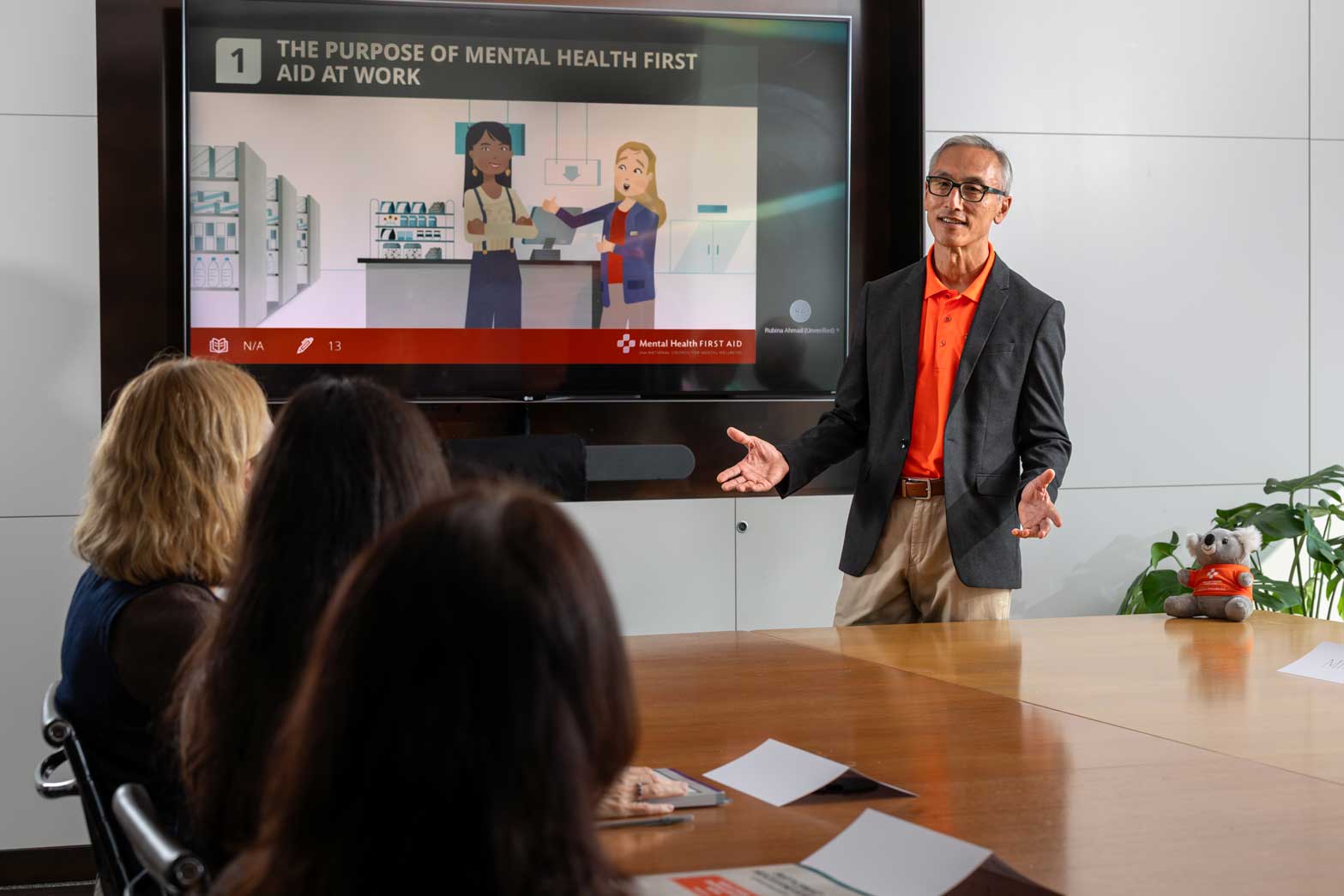We all dream about retirement – finally doing all the things we’ve wanted to do but never had time. But the reality of life after work doesn’t always live up to its promise. Take Glenn Howard. Within a year of leaving his career, he had checked off his entire to-do list. With no reason to get up every day, he slipped deeper and deeper into depression. Follow Glenn’s story, from baby boomer to retiree, and get an inside view of the ups and downs of transitioning out of work. (“Men and suicide: Retirement can Lead to Depression Risk,” ABC 7 Denver, June 5, 2017).
Glenn had never experienced mental health challenges in the past. But at 67 and in the early stages of his retirement, he checked out. Without his daily work routine, he began to feel like he no longer had a purpose in life. Glenn became so depressed in retirement that he nearly ended his life.
“My wife didn’t notice it,” said Glenn. “I only saved myself because I told her. I told her I was thinking about killing myself and she said, ‘Well, we have to get you help.’”
Many older workers anticipate the freedom of finally being able to focus on the things that give them the greatest pleasure. Yet, a study by the Institute of Economic Affairs found the likelihood someone will suffer from clinical depression actually goes up about 40 percent after retirement.
“The highest rates and the highest numbers [battling depression and suicidal thoughts] we see here in Colorado and across the country are for older adult males particularly,” said Sarah Brummett with the state Office of Suicide Prevention. The agency now has programs targeting men, including www.mantherapy.org, a website with information about mental health from a uniquely male perspective.
Today, Glenn’s life is back on track and he volunteers at West Pines Behavioral Health, the same place he sought treatment through counseling and medication.
“I get up, I get dressed, I go to work. It keeps my mind busy, and I have a purpose and feel like I have a future,” he said.
By giving orientations and providing support to others living with similar challenges, Glenn is making a difference in his community as he helps himself. Glenn’s story goes to show that anyone, anywhere can be the one to make a difference.



